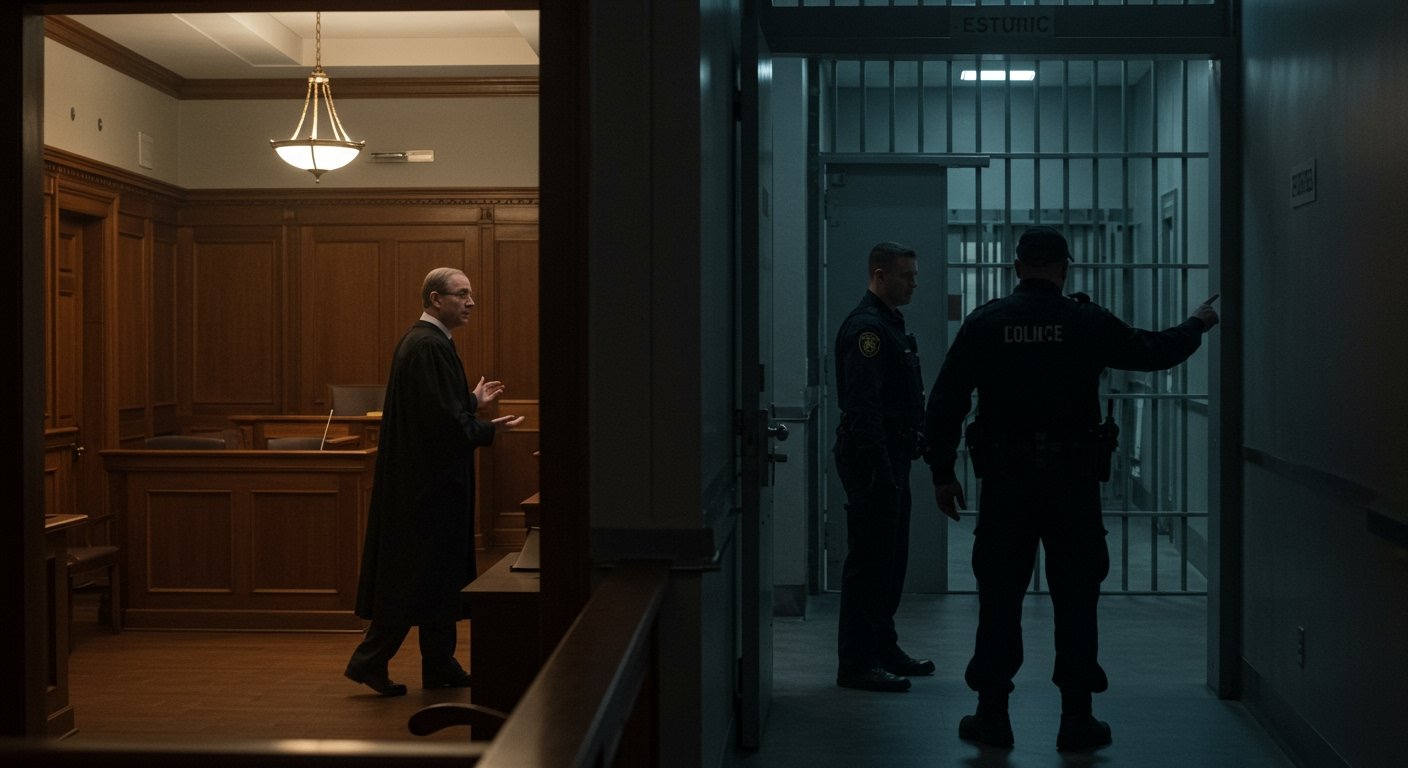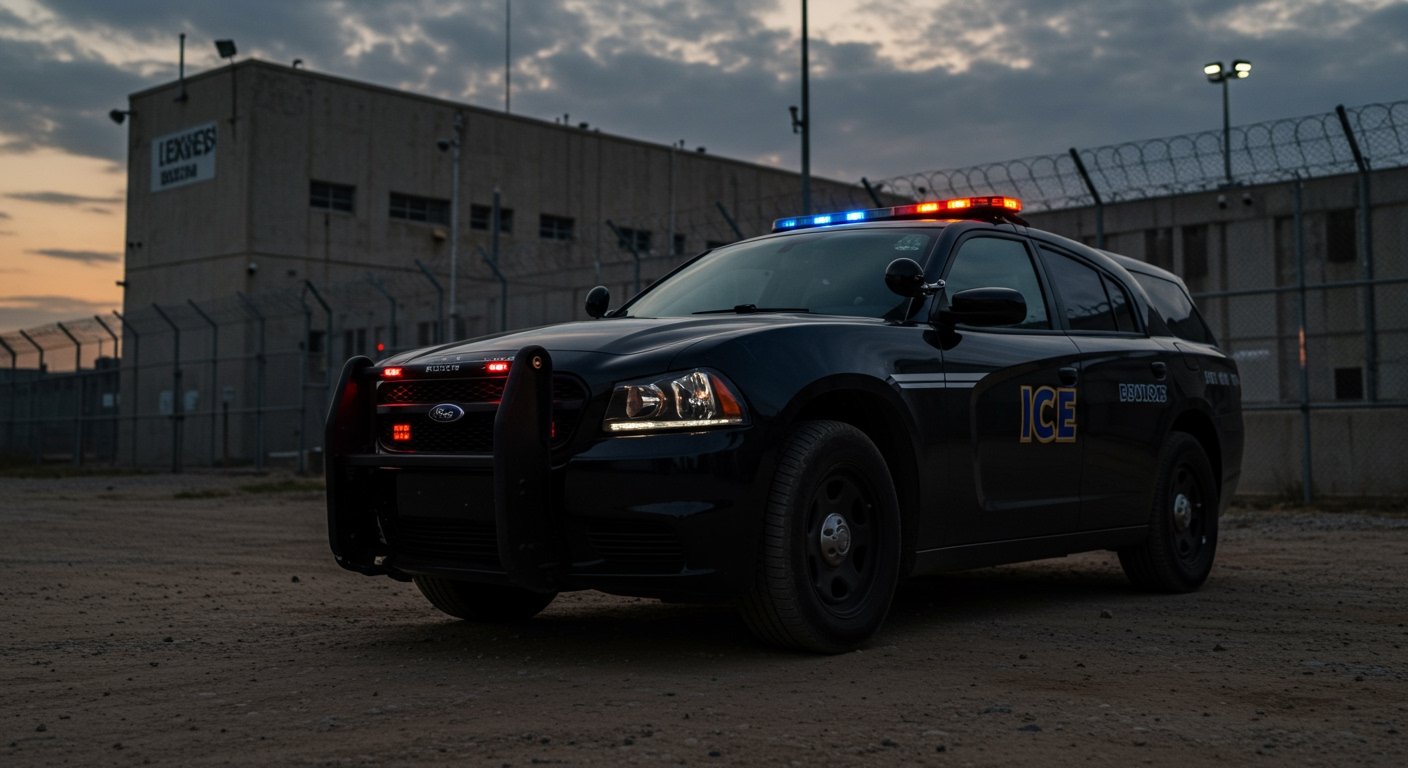A man from Virginia has been convicted of a hate crime in connection with an attempted shooting at a church, according to an announcement from the Department of Justice. The conviction was handed down on March 6, 2025, marking a significant legal outcome in a case that targeted a place of worship.
The concise statement from the Department of Justice, serving as the primary source for this information [1], underscored the gravity of the offense. While specific details regarding the man’s identity, the targeted church, or the precise circumstances of the attempted shooting were not immediately released in this initial report, the conviction itself confirms the legal determination that the individual’s actions were motivated by hate.
Understanding the Hate Crime Charge
A conviction for a hate crime carries substantial legal and societal weight. In the United States, federal hate crime laws typically apply when a perpetrator selects a victim or target because of the victim’s actual or perceived race, color, religion, national origin, sexual orientation, gender, gender identity, or disability. The conviction on March 6, 2025, indicates that prosecutors successfully demonstrated that the Virginia man’s attempt to attack the church was fueled by bias against the religious group or individuals associated with that place of worship.
Hate crimes are viewed with particular seriousness by law enforcement agencies and the judicial system due to their profound impact not only on individual victims but also on entire communities. Attacks targeting religious institutions are especially alarming as they strike at the heart of constitutionally protected freedoms, including the freedom of religion.
The Role of the Department of Justice
The involvement of the Department of Justice in this case highlights the federal government’s commitment to prosecuting acts of bias-motivated violence. The Department’s Civil Rights Division, in conjunction with U.S. Attorney’s Offices across the country, frequently investigates and prosecutes hate crimes, particularly those involving violence or threats of violence.
Bringing federal charges, in addition to or sometimes instead of state charges, allows the government to pursue cases that may involve interstate elements, require significant investigative resources, or necessitate specific federal statutes designed to address civil rights violations and hate-motivated conduct. The Department of Justice’s announcement on March 6, 2025, regarding this conviction underscores the federal focus on combating hate-fueled violence targeting religious communities.
Broader Implications for Community Safety
An attempted attack on a church, regardless of whether it was successful in causing physical harm during the attempt itself, represents a direct threat to the safety and security of religious congregations. Such incidents can instill fear and anxiety within targeted communities, forcing places of worship to enhance security measures and altering the sense of peace and sanctuary they typically provide.
The conviction of the Virginia man for a hate crime sends a clear message that such bias-motivated actions will not be tolerated and will be met with rigorous prosecution under the law. It acknowledges the discriminatory intent behind the attempted violence, distinguishing it from other forms of criminal activity.
This case joins a disturbing trend of incidents targeting places of worship across various faiths in recent years. Security experts and community leaders have increasingly raised concerns about the vulnerability of religious institutions to attacks driven by extremist ideologies or individual animus. The outcome on March 6, 2025, serves as a reminder of the ongoing challenges in protecting communities from hate-motivated violence.
Legal Process and Future Steps
The conviction on March 6, 2025, is a critical step in the legal process. Following a conviction, the court will typically proceed to sentencing. Hate crime convictions under federal law can result in lengthy prison sentences, depending on the specific statutes violated and the circumstances of the case, including whether the attempt involved the use or attempted use of a deadly weapon.
While the initial report from the Department of Justice focused solely on the conviction, further details are anticipated as the case progresses toward sentencing. The sentencing hearing will likely provide additional information regarding the court’s findings, potentially revealing more about the evidence presented, the perpetrator’s background, and the specific motivations confirmed during the trial that led to the hate crime conviction.
Community leaders and faith organizations often monitor the outcomes of such cases closely, viewing them as indicators of the justice system’s response to threats against their safety and religious freedom. The conviction serves as both a legal judgment against the individual and a broader affirmation of the principle that targeting individuals or institutions based on hate is a severe offense.
As of March 6, 2025, the Department of Justice has confirmed the conviction, marking a definitive legal finding against the Virginia man for his hate-motivated actions in the attempted church shooting.
[1] Based on information provided by the Department of Justice.













